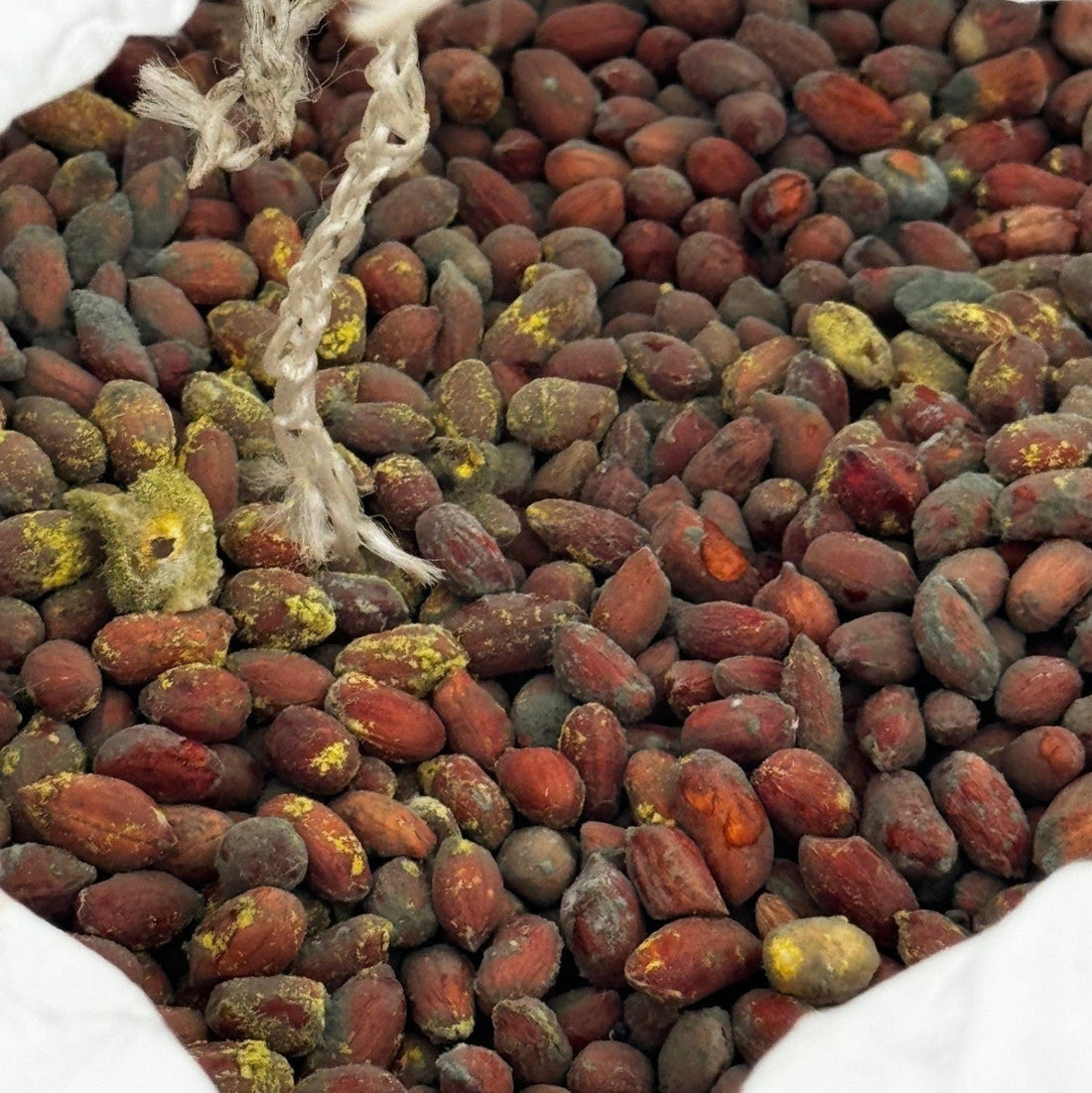
Avoiding Harmful Foods: What Not to Feed Birds and Why
Share
Avoiding Harmful Foods: What Not to Feed Birds and Why
Feeding garden birds is a rewarding activity, but it’s essential to ensure the food you provide is safe and beneficial for their health. While some foods might seem harmless, they can cause serious harm to birds. Understanding which foods to avoid and why they are dangerous is key to keeping your feathered visitors healthy and happy. This guide explains common harmful foods, the risks they pose, and safe alternatives to support bird welfare.
Foods to Avoid and Why
1. Salted Peanuts and Snacks
- Why Harmful: Salt is toxic to birds and can cause dehydration, kidney failure, or death. Birds’ small bodies cannot process high levels of sodium effectively.
- Safe Alternative: Offer unsalted, high-quality peanuts like Haith’s Premium Peanuts, which are nutritious and safe for birds.

2. Bread
- Why Harmful: Bread offers little nutritional value and can fill birds up, preventing them from consuming nutrient-rich foods. Mouldy bread can also harbour harmful toxins.
- Safe Alternative: Replace bread with seed-rich mixes or suet pellets, which provide essential energy and nutrients.

3. Milk
- Why Harmful: Birds cannot digest milk properly, leading to stomach upset and potential diarrhoea. Fermented dairy products like cheese can be safe in small amounts but should be offered sparingly.
- Safe Alternative: Fresh water or bird-specific hydration gels.

4. Raw or Dried Beans
- Why Harmful: Uncooked beans contain hemagglutinin, a toxin that is highly poisonous to birds.
- Safe Alternative: Cooked beans (unsalted) or other protein-rich foods like mealworms.

5. Mouldy or Spoiled Food
- Why Harmful: Mould sometimes produces mycotoxins, which can cause liver disease and respiratory and digestive issues in birds. Spoiled food may harbour bacteria.
- Safe Alternative: Always provide fresh, clean food, and store it properly to prevent spoilage.

6. Fatty Foods and Salty Meat
- Why Harmful: Excess fat can coat birds’ feathers, affecting their insulation and flight. Salty meats like bacon can introduce harmful sodium.
- Safe Alternative: Suet cakes or fat balls specifically designed for birds.

7. Chocolate
- Why Harmful: Chocolate contains theobromine, which is toxic to birds and can cause seizures, heart problems, or death.
- Safe Alternative: Dried fruits or specialist bird treats.

8. Raw Rice
- Why Harmful: While small amounts of raw rice are not as dangerous as myths suggest, large quantities can cause digestive discomfort.
- Safe Alternative: Offer cooked rice (unsalted) or birdseed mixes.

Why Food Quality Matters
The quality of the bird food you provide is just as important as avoiding harmful items. Low-quality bird food often contains fillers, dust, and debris that add no nutritional value and can even pose health risks. Haith’s SUPERCLEAN™ diets are carefully curated to ensure all ingredients are safe, clean, and nutritious. These mixes eliminate waste, reduce contamination risks, and support birds’ overall health.
Tips for Safe Feeding Practices
- Read Labels: Ensure all bird food is free from added salt, sugar, or artificial ingredients.
- Store Properly: Keep food in airtight containers to maintain freshness and prevent contamination.
- Provide Fresh Water: Pair food with clean water to keep birds hydrated and healthy.
- Monitor Feeding Areas: Remove uneaten food daily to minimise waste and deter pests.
Alternatives to Kitchen Scraps
While it may be tempting to feed birds leftovers, it’s better to offer food specifically designed for their needs. Haith’s offers a wide range of high-energy mixes, softfoods, and specialist seeds that cater to various bird species and feeding preferences. These options ensure your garden birds get the nutrition they need without the risks associated with unsuitable foods.
A Commitment to Bird Welfare
Feeding birds responsibly means understanding their dietary needs and the potential dangers of certain foods. By avoiding harmful items and choosing safe, high-quality alternatives, you can create a nourishing and safe environment for your garden visitors. Explore Haith’s range of bird food and feeding accessories to support bird welfare and make your garden a sanctuary for wildlife.
Written by Haith's
